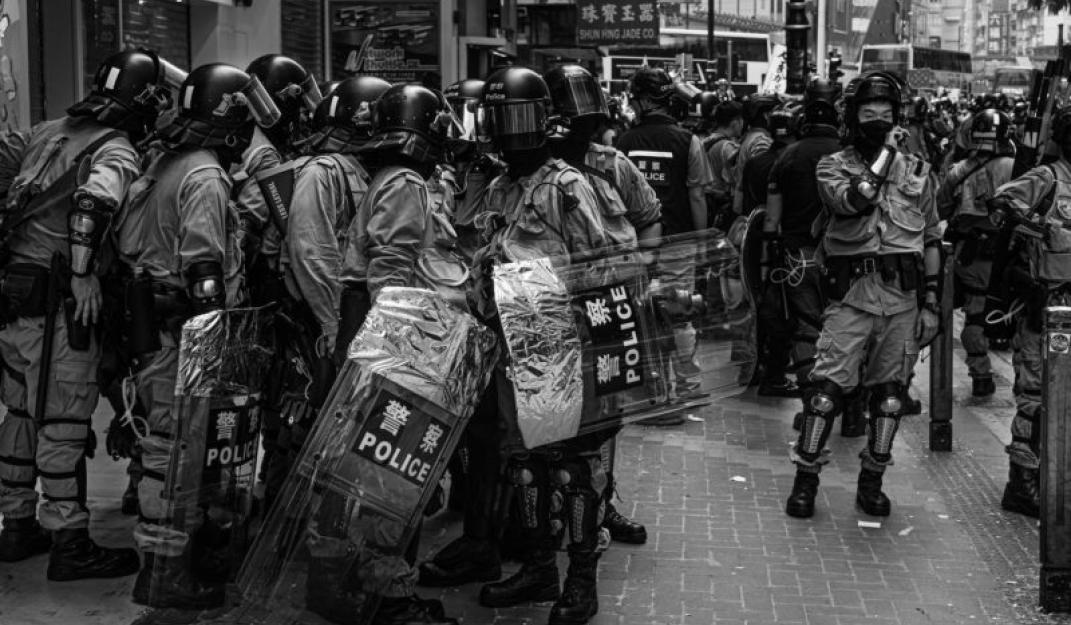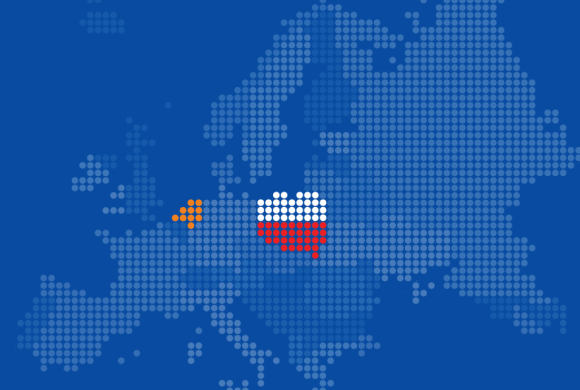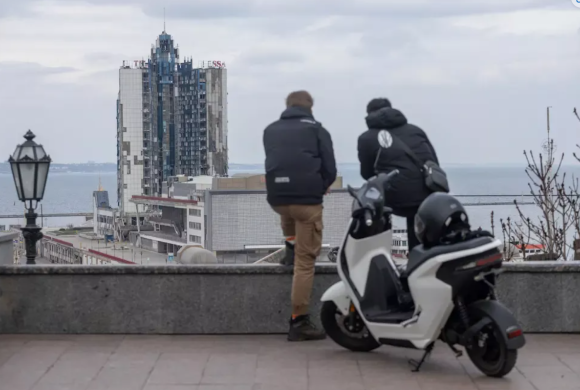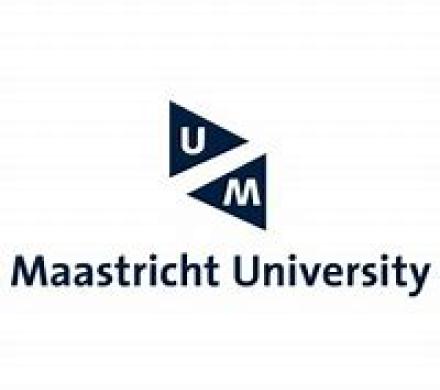From Manama to Baghdad and Kyiv: Limiting the risk of violent intervention by authoritarian neighbors

Much has been written over the past few years about the global decline of democracy and the growing repression of political pluralism. Strongmen such as Erdogan, Putin, Modi and Xi Jinping—and perhaps even Ali Khamenei and Mohammed bin Salman—dominate regional or global politics and offer the world an alternative political and economic model based on authoritarian control. Not only do these autocrats rule in their own countries, they push their model into what they consider their spheres of influence—places such as Georgia and Belarus for Russia; Hong Kong and Taiwan for China; Iraq and Syria for Iran; and Yemen and Bahrain for Saudi Arabia.
The Russian invasion of Ukraine underlines a point that recent history has made several times already: Strongmen that intervene militarily in neighboring countries to impose or restore authoritarian rule reveal the shaky foundations of their own political order and increase its vulnerability if they fail. Putin is showing the world that notions of Russia as the linchpin of “Slavic brotherhood” and custodian of “Kievan Rus” get their meaning mostly from the barrel of a gun. And yet the Russian regime itself derives some of its legitimacy from such imperial notions.
Read the full article here.

Clingendael Institute
Clingendael is an independent think tank and a diplomatic academy, based in The Hague - City of Peace and Justice. We aim to contribute to a secure, sustainable and just world through our analyses, training and public debate. We work with partners across public and private sectors, including policymakers, members of the armed forces, diplomats, politicians and business executives.




